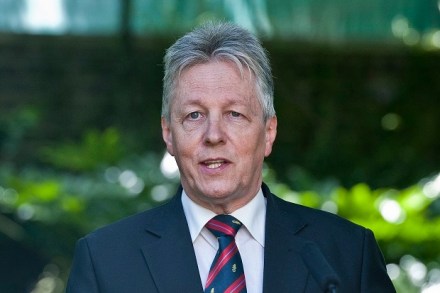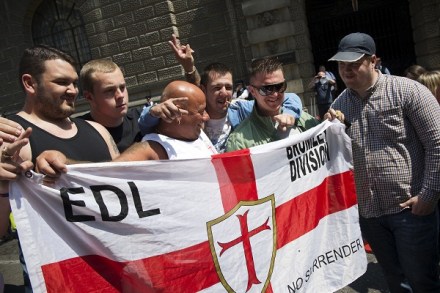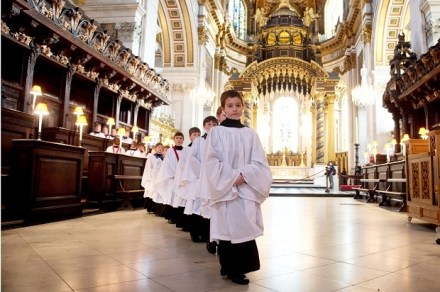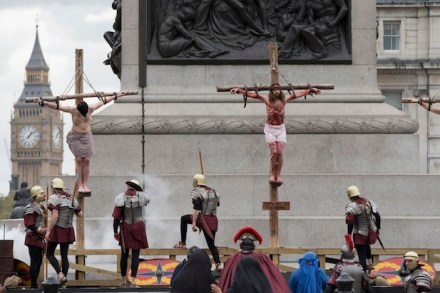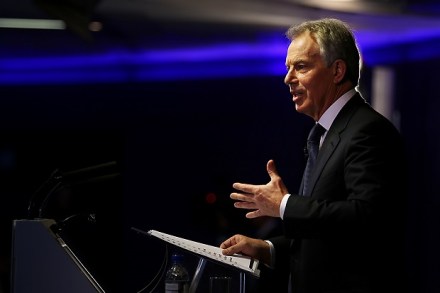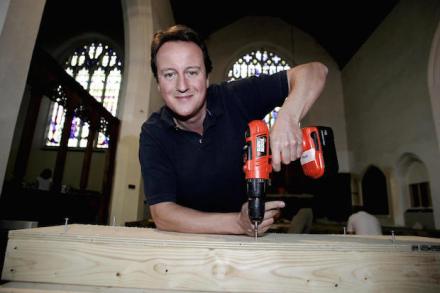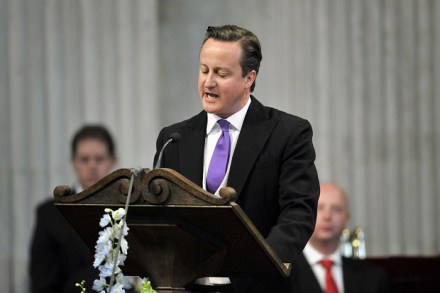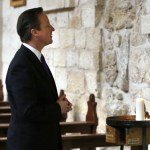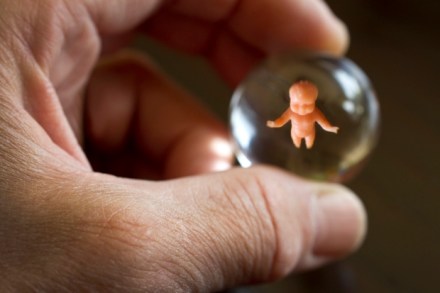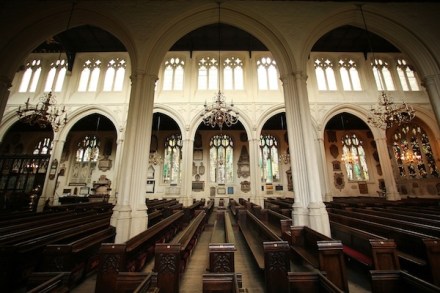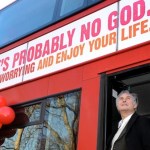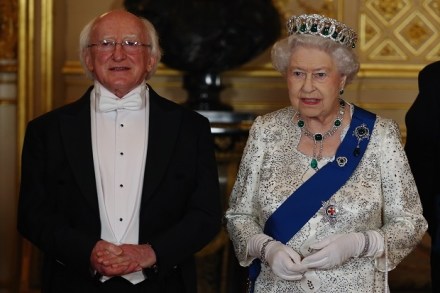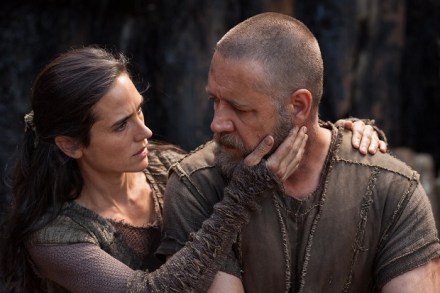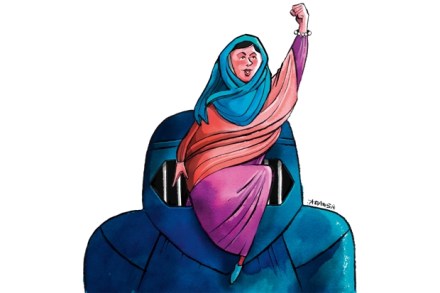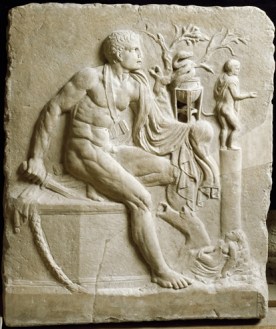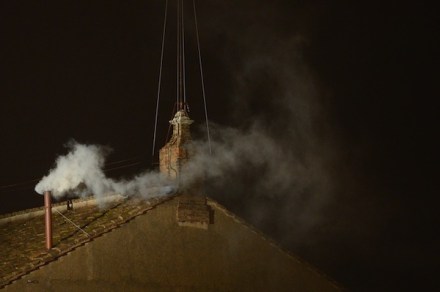Let Evangelical Protestants be Evangelical Protestants
Pastor James McConnell of the Metropolitan Tabernacle in Belfast has gone and done it. He declared in a sermon that: “Islam is heathen, Islam is satanic, Islam is a doctrine spawned in hell”. Golly. Not since the Rev Ian Paisley got the boot into the pope as Old Redsocks and indeed as the Scarlet Woman herself have we heard anything quite so robust in the way of religious rhetoric. (Oddly enough, there was something almost lyrical about it; he had lovely cadences.) But the anti-popery tradition is precisely the context these remarks should be seen in. Evangelical Protestantism has a thing about false prophets; it also has a thing about
